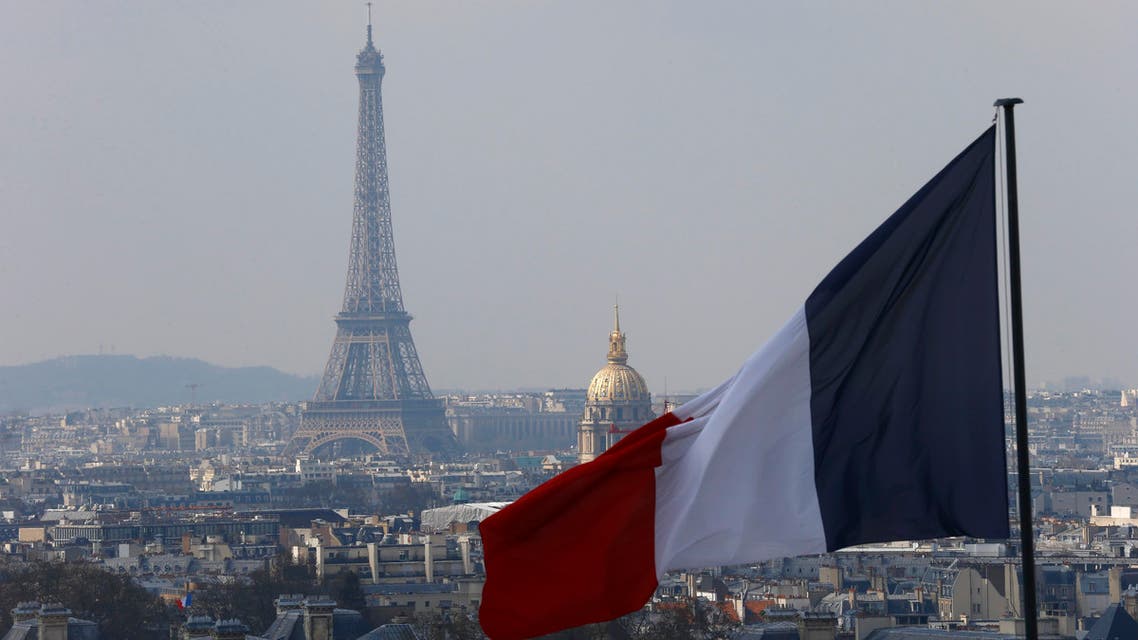France is facing a major political showdown that could have significant consequences for its government, economy, and broader stability.
The conflict centers on the 2025 budget, which has sparked tensions between Prime Minister Michel Barnier’s minority government and opposition parties from both the far right and the left.
Here’s what you need to know about the unfolding crisis.
What is the issue
Prime Minister Michel Barnier’s government is pushing a 2025 budget plan that includes €60 billion in tax hikes and spending cuts aimed at tackling France’s mounting debt.
However, this has drawn sharp criticism from opposition parties, including Marine Le Pen’s far-right National Rally (RN) and the left-wing New Popular Front (NFP) alliance.
Both accuse the government of policies that undermine the purchasing power of citizens and fail to address public discontent.
The RN, in particular, is demanding concessions, such as inflation-linked pension increases, more support for small businesses, and scrapping plans to reduce healthcare reimbursements.
If their demands aren’t met by Monday, they have threatened to support a no-confidence vote against Barnier’s government.
France’s political crisis: what’s the current situation
The situation is at a tipping point.
On one side, Barnier is under pressure to avoid using special constitutional powers to push the budget through without parliamentary approval, a move that would deepen political tensions.
On the other, the RN and NFP are prepared to join forces to topple the government if their demands remain unmet.
Adding to the uncertainty, France’s recent political history offers little stability.
President Emmanuel Macron’s previous attempt to secure a stronger parliamentary majority resulted in fragmented political alliances, leaving Barnier with a minority government since September.
If Barnier’s government falls, France could enter uncharted territory.
New parliamentary elections cannot be called until June 2025, leaving a potential leadership vacuum.
France’s political crisis: what’s at stake
- Economic implications: France’s public debt, currently over 110% of GDP, and a projected budget deficit of 6.1% in 2024 are raising alarms in financial markets. A failure to pass the budget or continued political instability could drive up borrowing costs, with France’s bond yields already nearing those of debt-strapped Greece.
- Eurozone ripple effects: The crisis could also unsettle the eurozone’s economic stability. Analysts warn of heightened volatility in European financial markets and a potential intervention by the European Central Bank (ECB) to stabilize the situation if necessary.
- Le Pen’s political calculations: While Marine Le Pen is positioning herself as a champion of the people by opposing tax hikes and spending cuts, analysts caution that triggering a financial crisis could damage her reputation as a responsible leader, jeopardizing her chances in the 2027 presidential election.
Why it matters
For France, this crisis is not just about passing a budget—it’s a reflection of deeper challenges.
Years of unbalanced public spending, a fragile political system, and mounting economic pressures have created a precarious situation.
The outcome of this political standoff could set the tone for France’s fiscal policy and political trajectory for years to come.
Whether Barnier’s government survives or falls, the road ahead for France will likely be turbulent, with fiscal consolidation and economic reforms critical to restoring stability.
For now, markets and citizens alike are watching closely to see if compromise is possible or if the nation is headed for greater upheaval.
The post Explained: France’s political turmoil – what’s happening and why it matters appeared first on Invezz

